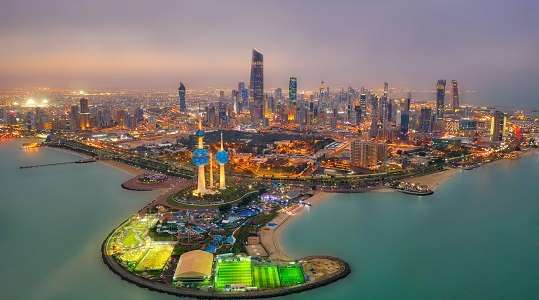The Economist Intelligence Unit expected that the political rift between the executive and legislative authorities, if it continues in Kuwait as before, plus bureaucracy, will negatively affect some investors and slow down the path of partnership projects between the public and private sectors.
It is likely that this will have a negative impact on the business climate in the country between 2023 and 2027 and reduce the prospects for growth in the longer term.
The report issued by the unit expected the stability of real GDP in 2023 and 2024 after the strong growth that it will record in 2022 and 2023 as a result of the rise in global oil prices, and the termination of production quotas that had been applied by the “OPEC Plus” alliance.
The report predicted that there would be an increase in oil production by 6% to an average of 2.85 barrels per day in 2023, due to the termination of the “OPEC Plus” production quotas, and the new production capacity at the Al-Zour refinery. However, despite the increase in oil production, the “Economist Intelligence” expected that the growth of real GDP, which is estimated to record an average of 8 percent between 2022 and 2023, will slow to a level of 4 percent, given that the rise in oil production will not be enough to compensate the global price decline.
Source (Al-Rai Kuwaiti Newspaper, Edited)

